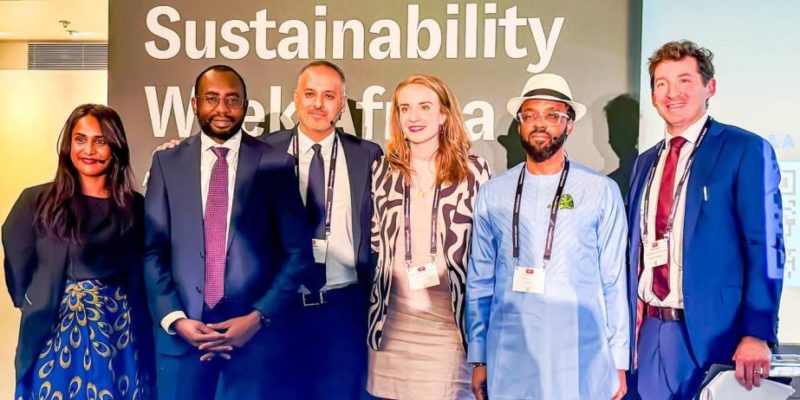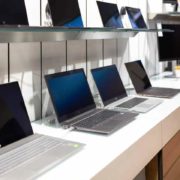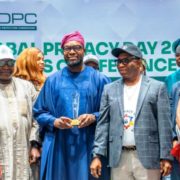NITDA DG Advocates for Africa-Led Digital Infrastructure to Drive Jobs and Growth
The Director General of the National Information Technology Development Agency (NITDA), Kashifu Inuwa Abdullahi, has emphasized that Africa’s economic destiny rests on its ability to build local compute capacity, which he described as the foundation for sustainable digital transformation, job creation, and intra-African trade.
Speaking at the 2nd Annual Sustainability Week Africa held at The Westin, Cape Town, Abdullahi said that investing in local digital public infrastructure (DPI) is Africa’s most decisive step toward unlocking sustainable growth and achieving economic independence.
The 2025 edition of Sustainability Week Africa brought together policymakers, innovators, and sustainability leaders to discuss energy transition, climate resilience, and green growth across the continent.
“Compute Power Is the New Engine of Economic Growth” — Abdullahi
During a panel session titled “Digital Infrastructure for Jobs and Trade in Africa,” Abdullahi argued that Africa cannot depend on exporting raw data to other regions while relying on imported technologies to build digital products.
“In the 21st century, compute power is a primary factor of production. We cannot rely on exporting our raw data for processing elsewhere. We must own the infrastructure that drives our digital economy,” he stated.
He urged African governments to create policy incentives that encourage private sector investment in high-performance computing, cloud infrastructure, and AI data centres — drawing inspiration from Europe’s collaborative model for building supercomputers and AI factories.
Nigeria’s Digital Transformation Offers a Model for Africa
Highlighting Nigeria’s progress, Abdullahi revealed that over 130 million Nigerians are now enrolled under the national digital identity system, while efforts are ongoing to establish a National Data Exchange Platform and a DPI Centre of Excellence to drive interoperability and innovation across the public sector.
“The Minister of Communications, Innovation, and Digital Economy, Dr. Bosun Tijani, is leading Nigeria’s push to establish a DPI Centre of Excellence where engineers can design APIs, data exchange frameworks, and best practices for the continent,” he noted.
Abdullahi called for an “African-built DPI” that reflects local realities rather than imported solutions, saying this would deepen regional collaboration and ensure digital sovereignty.
Digital Literacy and AI Skills as Drivers of Inclusion
On digital literacy, Abdullahi reaffirmed Nigeria’s goal to achieve 70% digital literacy by 2027 and 95% by 2030 under the National Digital Literacy Framework (NDLF).
He noted that digital skills are now mandatory for students and civil servants, with training partnerships in place with organizations like Cisco and the National Youth Service Corps (NYSC).
Through these initiatives, youth, women, and market traders are being empowered to use AI-powered tools and digital applications to expand their businesses and economic opportunities.
Call for Pan-African Coordination and Policy Alignment
Abdullahi underscored that digital transformation is not a sector, but an enabler for every sector, including education, health, finance, and agriculture.
He called for clear policy frameworks to guide AI adoption, data governance, and technology deployment across Africa, emphasizing the need for coordinated standards and shared infrastructure investment.
“In Africa, we need our own digital circuits to achieve digital self-determination. We must stop relying on imported hardware and software if we want to build a better life for our citizens,” he said.
He concluded by urging governments, the private sector, and development partners to “build the digital rails together” to empower Africa’s youth to lead the continent into the global digital economy.






























